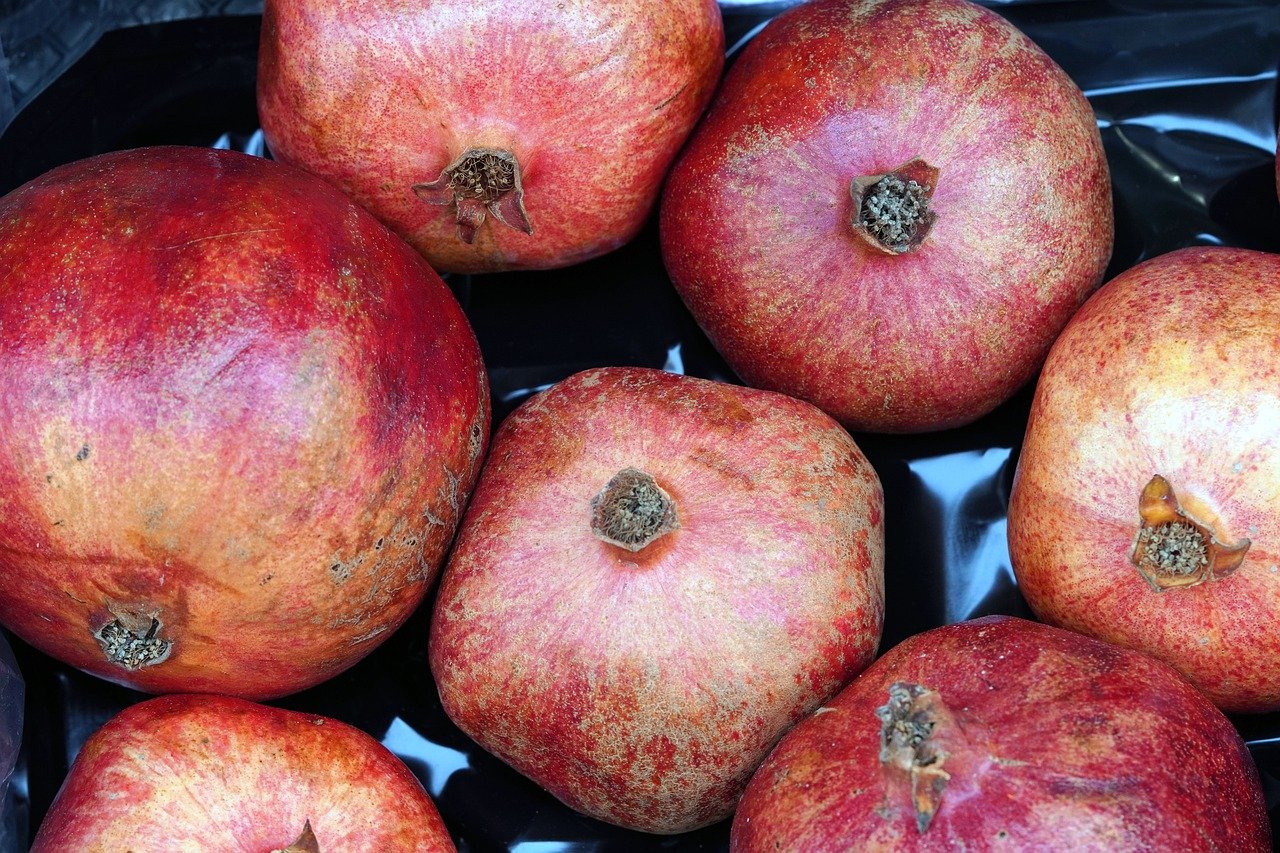“`html
In recent years, the gluten-free diet has surged in popularity, gaining traction not only among those diagnosed with celiac disease or gluten sensitivity but also among health-conscious individuals seeking to improve their overall well-being. With an increasing number of gluten-free products on supermarket shelves and a wealth of information available online, it can be easy to overlook the fundamental aspects of such a lifestyle. This blog post aims to delves into the various facets of a gluten-free diet, its benefits, practical tips for implementation, and much more.
What is Gluten and Why Go Gluten-Free?
Gluten is a group of proteins found mainly in wheat, barley, and rye, which lend elasticity and chewiness to baked goods. While most people can digest gluten without issues, some individuals experience adverse reactions. A gluten-free diet eliminates foods that contain gluten, thereby offering relief from various health concerns.
Who Should Consider a Gluten-Free Diet?
- Individuals with Celiac Disease: An autoimmune disorder where gluten intake leads to damage in the small intestine.
- Non-Celiac Gluten Sensitivity: Individuals may experience symptoms like bloating and fatigue after consuming gluten, though they do not have celiac disease.
- Wheat Allergy: A traditional food allergy that can cause reactions such as respiratory issues or skin reactions upon gluten ingestion.
- Health and Wellness Enthusiasts: Many are adopting a gluten-free lifestyle to enhance overall health, although long-term studies are still needed to support this.
Health Benefits of a Gluten-Free Diet
For many people, eliminating gluten can result in significant health improvements. Here are some documented benefits:
- Reduced Inflammation: Many individuals report lower levels of inflammation and joint pain.
- Improved Digestive Health: Cutting gluten can alleviate symptoms such as bloating, gas, and diarrhea.
- Enhanced Mental Clarity: People often experience improved focus and reduced “brain fog” after going gluten-free.
- Better Nutrient Absorption: For those with celiac disease, a gluten-free diet helps restore intestinal health, aiding nutrient absorption.
Statistics on Gluten Sensitivity
Recent studies suggest:
- Celiac disease affects approximately 1 in 100 people worldwide.
- About 6% of the population may have non-celiac gluten sensitivity.
Foods to Avoid on a Gluten-Free Diet
For a successful gluten-free diet, it’s essential to know which foods to avoid:
- Wheat Products: Bread, pasta, pastries, cookies.
- Barley: Found in malt, soups, and beer.
- Rye: Includes rye bread and some cereals.
- Processed Foods: Be cautious as many processed foods may contain hidden gluten as a thickener or filler.
Common Gluten-Free Alternatives
Wondering what you can eat instead? Here are some popular gluten-free options:
- Fruits and Vegetables: Naturally gluten-free and packed with nutrients.
- Grains: Quinoa, rice, buckwheat, and gluten-free oats.
- Nuts and Seeds: Excellent sources of protein and healthy fats.
- Dairy Products: Generally gluten-free unless processed.
Tips for Following a Gluten-Free Diet
Transitioning to a gluten-free lifestyle requires careful navigation. Here are some practical tips:
- Read Labels: Always read food labels meticulously to check for hidden gluten sources.
- Meal Prep: Prepare your meals in advance to better control gluten intake and avoid convenient but unsafe options.
- Communicate: Inform dining establishments about your dietary restrictions to avoid cross-contamination.
- Educate Yourself: Learn about gluten-free cooking and baking to expand your culinary repertoire.
Conclusion
The gluten-free diet can offer numerous health benefits, particularly for those with specific gluten-related disorders. However, adherence to such a diet also comes with its challenges, including strict food limitations and the risk of nutrient deficiencies if not planned properly. If you are considering a gluten-free lifestyle, consulting with a healthcare provider or nutritionist is recommended to ensure balanced nutrition and optimal health outcomes. By understanding the essentials of gluten-free living, you can navigate this dietary choice successfully and enjoy a robust, healthy lifestyle.
“`






